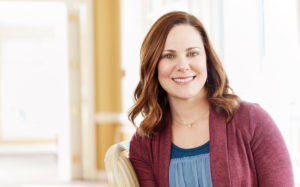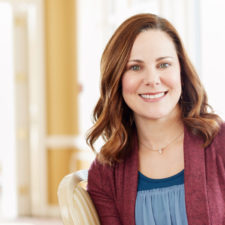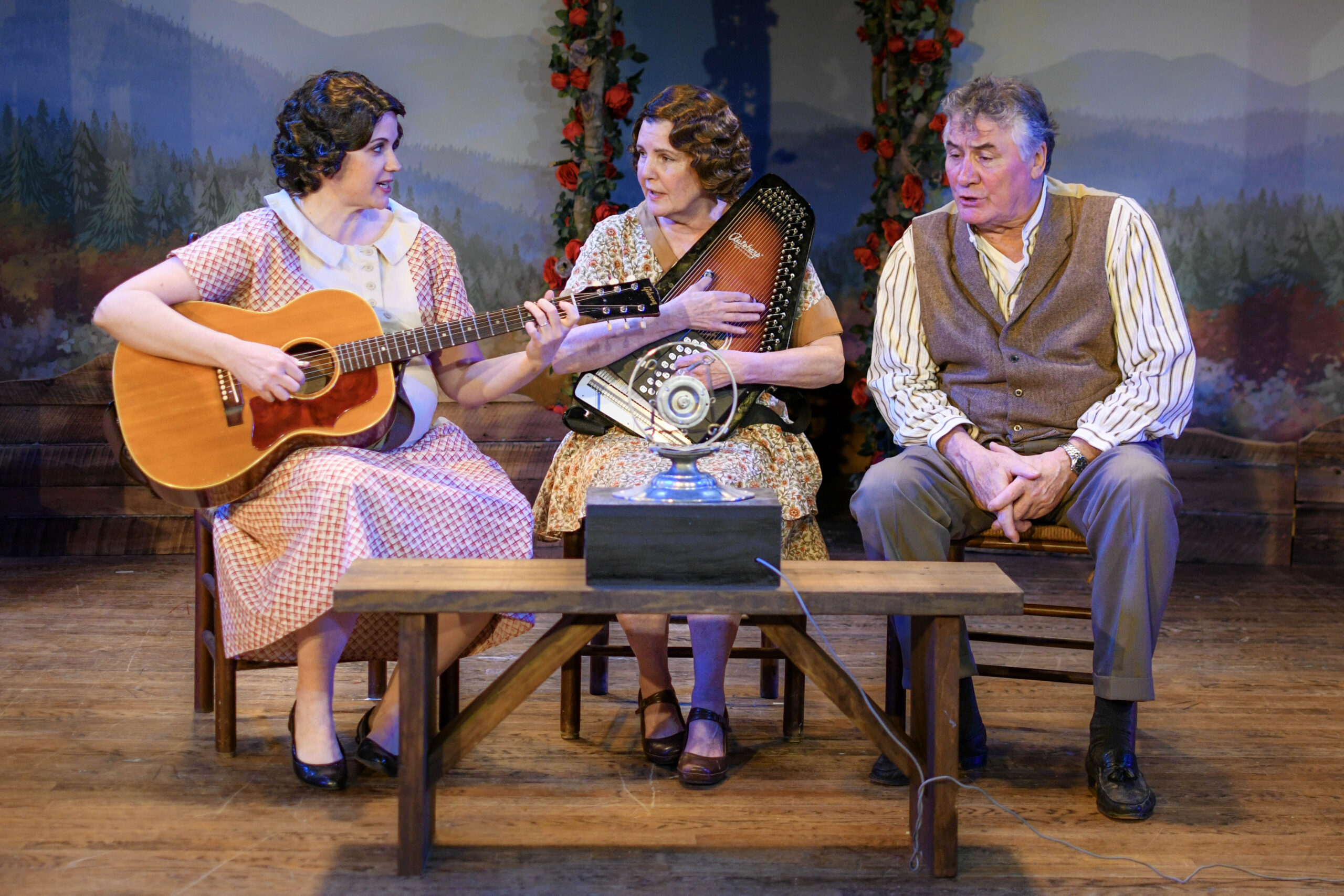 Dr. Amanda Vaughan discusses the serious respiratory virus that surged among children earlier than usual this year – and how mothers-to-be can help vaccine research aimed to prevent it.
Dr. Amanda Vaughan discusses the serious respiratory virus that surged among children earlier than usual this year – and how mothers-to-be can help vaccine research aimed to prevent it.
While the threat of COVID-19 is still real, there’s another virus that’s had parents worried this year. Respiratory syncytial (sin-SISH-uhl) virus (RSV) is a common respiratory virus that infects the nose, throat, lungs, and breathing passages. Although most healthy people experience only mild, cold-like symptoms and recover in 1-2 weeks, RSV can be very serious for infants and young children. It’s been particularly scary this year due to an unseasonable summer surge.
I’d like to answer some FAQs about this lesser-known but highly contagious virus and discuss an opportunity for parents-to-be to participate in groundbreaking research that could help prevent RSV in infants.
How common is RSV in babies and young children?
Almost all children will have had an RSV infection by their second birthday. In the US, RSV leads to approximately 2.1 million outpatient doctor visits, 58,000 hospitalizations, and 100-500 deaths among children younger than five. It is the most common cause of bronchiolitis (inflammation of the small airways in the lung) and pneumonia in children under 12 months old in the US.
How does RSV spread?
Much like COVID-19, RSV can spread when an infected person coughs or sneezes and droplets get into the eyes, nose, or mouth of a healthy person. Additionally, touching a contaminated surface that has the virus on it, like a doorknob, and then touching your face can expose you to the virus. RSV can also spread through direct contact with the virus, such as kissing the face of a child who is infected.
Why did RSV surge during its “off-season” over the summer?
RSV season is usually in sync with flu season, rising in the fall and peaking in the winter months. Earlier in the COVID-19 pandemic, when children and babies were largely sheltered at home and social distancing, masking, and other COVID precautions were widespread, RSV cases were historically low. By late spring and summer of 2021, far fewer children had been exposed to RSV than usual that time of year, so when people began gathering in larger groups again and children were exposed for the first time, RSV infections spiked.
What symptoms should parents look out for?
Cold-like symptoms are not automatically cause for alarm, but if an infant or child seems to be experiencing extreme lethargy and/or trouble breathing, they should see a doctor immediately.
What can be done to treat RSV?
Treatment for RSV is limited and usually consists of supportive care measures; however, in certain infants and children who are at high risk for severe diseases, a drug called palivizumab is available to prevent severe illness. It cannot prevent infection of RSV, though, and it cannot help cure or treat children already suffering from serious RSV disease.
Is there an RSV vaccine?
Unfortunately, there is no vaccine available yet to prevent RSV; however, Phase 3 clinical trials are currently underway for an investigational maternal RSV vaccine. At VPFW, we are working with our on-site research team from Clinical Research Partners to offer our pregnant patients the option to participate. In the Phase 3 trial, pregnant VPFW patients who are planning to deliver at Johnston-Willis Hospital can opt to enroll in the trial to receive one dose of the RSV vaccine during their third trimester. Positive safety results have already been shown previously in the Phase 2 trial.
The goal of the maternal RSV vaccine study is to prevent infant illness due to RSV from birth through a type of immunity called passive immunity. During the last three months of pregnancy, antibodies from mothers are passed to the unborn babies through the placenta. This type of immunity is called passive immunity because the baby has been given antibodies rather than making them itself. The hope is that when the baby is eventually exposed to RSV, its immune system will already know how to fight it.
How can I participate in the RSV vaccine clinical trial at VPFW?
If you are interested in participating in Clinical Research Partners’ Phase 3 RSV vaccine trial at VPFW, you can learn more about about the study here.
You can also talk to your OB/GYN at your next visit or go to vpfw.com to make an appointment with any of our physicians to discuss how you can be considered. We are grateful to all who participate in these groundbreaking trials. Their pledge to advance research to help other women in the future is awe-inspiring.
 Dr. Amanda Vaughan is an OB/GYN at Virginia Physicians for Women. She sees patients at VPFW’s Koger Center (formerly Midlothian Turnpike) and Prince George offices.
Dr. Amanda Vaughan is an OB/GYN at Virginia Physicians for Women. She sees patients at VPFW’s Koger Center (formerly Midlothian Turnpike) and Prince George offices.







